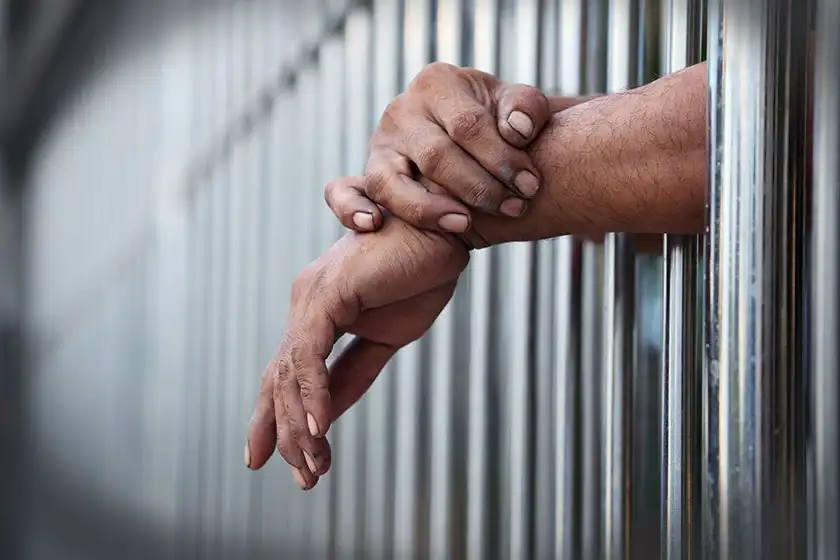In July, five men were deported from the U.S. to Eswatini and are currently held in a maximum-security prison without formal charges, legal representation, or explanation. Their lawyers claim that the Trump administration’s third-country deportation program violates their due process rights.
One detainee, Jamaican national Orville Etoria, had served a 25-year sentence and was paroled in 2021. Although Jamaica was prepared to accept him, he was deported to Africa instead. The other detainees hail from Cuba, Laos, Vietnam, and Yemen, and none have ties to Eswatini. Their legal teams argue this amounts to indefinite detention beyond their original sentences.
These deportations are part of a broader expansion of the Trump administration’s controversial policy of transferring migrants to African nations like Eswatini, South Sudan, and Rwanda through often opaque arrangements.
The detained individuals are reportedly at the Matsapha Correctional Complex, known for its poor human rights conditions. Access to legal representation has been obstructed, while U.S. authorities label the men as serious criminals. Advocacy groups are raising alarms over the lack of transparency and legal safeguards in these actions.
The Eswatini government intends to keep the men in solitary confinement for up to a year until they can be deported to their countries, even though the U.S. claims those countries have refused to take them back.
Civil rights advocates in Eswatini are calling for accountability regarding the classified deportation agreement. Overall, these deportations have drawn criticism for exploiting vulnerable individuals, highlighting urgent human rights concerns and the need for greater oversight in U.S. deportation practices.











I cant believe the injustice these men faced. Trumps program must be held accountable for violating their rights. Justice must prevail!
Can you believe this mess? Trumps program needs a serious reality check. Those men deserve justice, not this nonsense.
I dont get how Trumps program can affect due process in an African prison. Seems like a stretch to me.
Can you believe this? Trumps program causing issues again. Due process is crucial, no matter the circumstances!
I cant believe Trumps program violated their due process rights! Thats unacceptable, no matter what your political views are.
I cant believe Trumps program violated their due process rights! This is a clear abuse of power. Justice must prevail!
Isnt it crazy how politics can affect peoples lives so drastically? Makes you wonder about justice and fairness in the world.
Cant believe Trumps program violated due process for these men. Justice must prevail, no matter the circumstances. Outrageous!